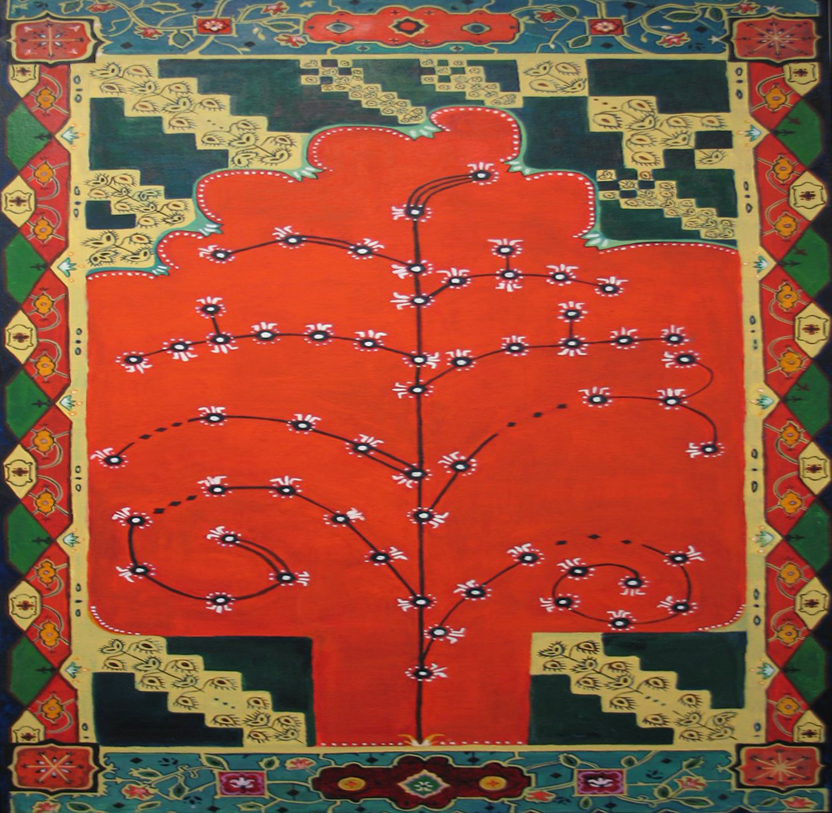Course Description
The goal of this course is to give an introduction to the representation theory of compact and non-compact Lie groups. It will rely on some material from 18.745 Lie Groups and Lie Algebras I and 18.755 Lie Groups and Lie Algebras II, but full familiarity with this material is not required. Topics include continuous …
The goal of this course is to give an introduction to the representation theory of compact and non-compact Lie groups. It will rely on some material from 18.745 Lie Groups and Lie Algebras I and 18.755 Lie Groups and Lie Algebras II, but full familiarity with this material is not required. Topics include continuous representations; algebras of measures on a Lie group; K-finite, smooth, and analytic vectors; admissible representations; unitary representations; the Harish-Chandra admissibility and analyticity theorems; (g,K)-modules; infinitesimal equivalence and realizations; Harish-Chandra’s globalization theorem; representations of SL(2,R), the Chevalley restriction theorem; the Chevalley-Shepard-Todd theorem; Kostant’s theorem; Harish-Chandra isomorphism; Bernstein-Gelfand-Gelfand category O; projective functors; classification of irreducible Harish-Chandra bimodules; the nilpotent cone; the Duflo-Joseph theorem; Duflo’s primitive ideal theorem; the Borel-Weil theorem; Springer resolution; Beilinson-Bernstein localization; D-modules; and classification of representations of a semisimple real group in terms of the orbits of the complexified maximal compact subgroup on the flag variety.
Course Info
Instructor
Departments
Learning Resource Types
notes
Lecture Notes
menu_book
Open Textbooks
assignment
Problem Sets

A painting of a Lie algebra tree. (Courtesy of Natalia Rozhkovskaya. Used with permission.)










